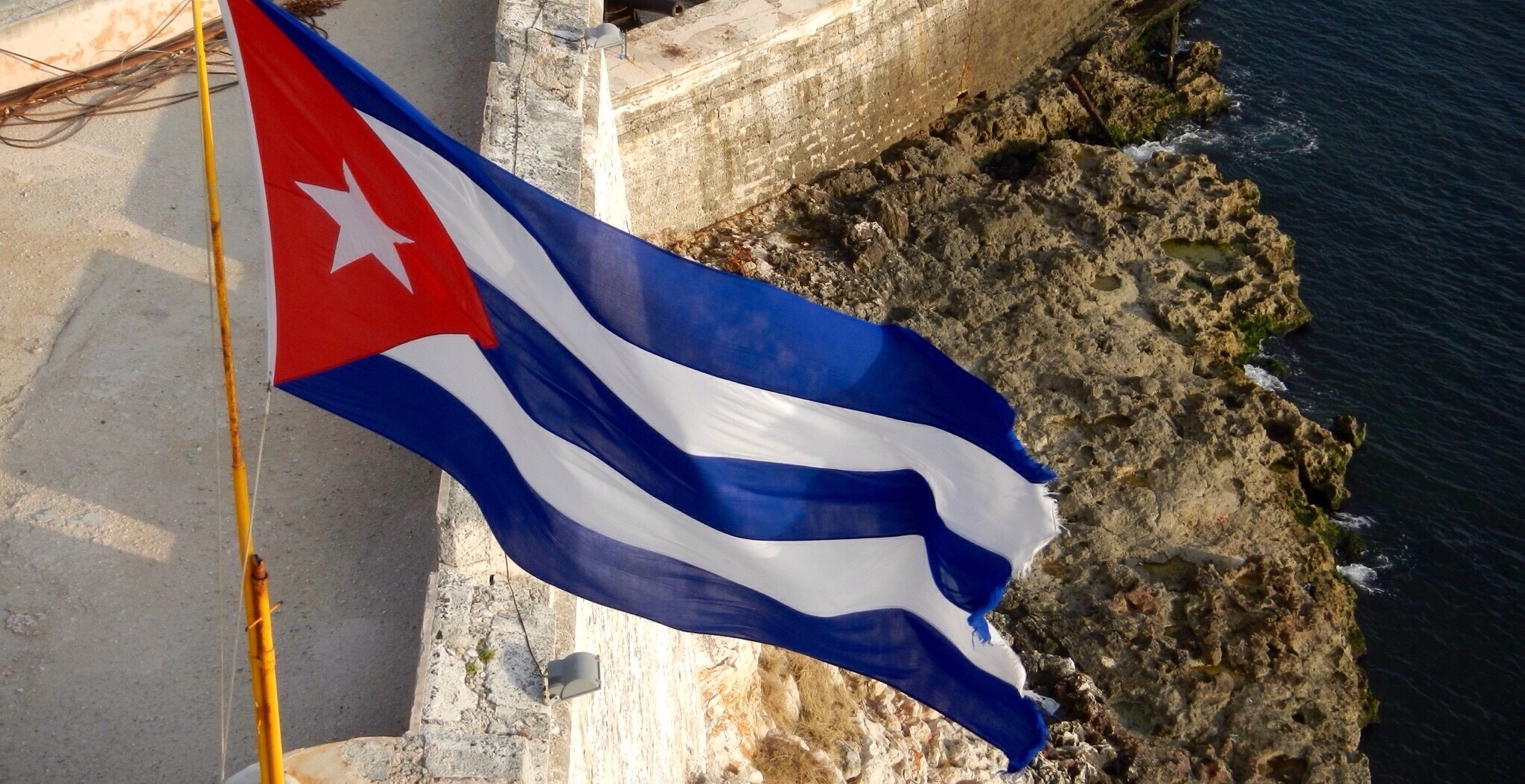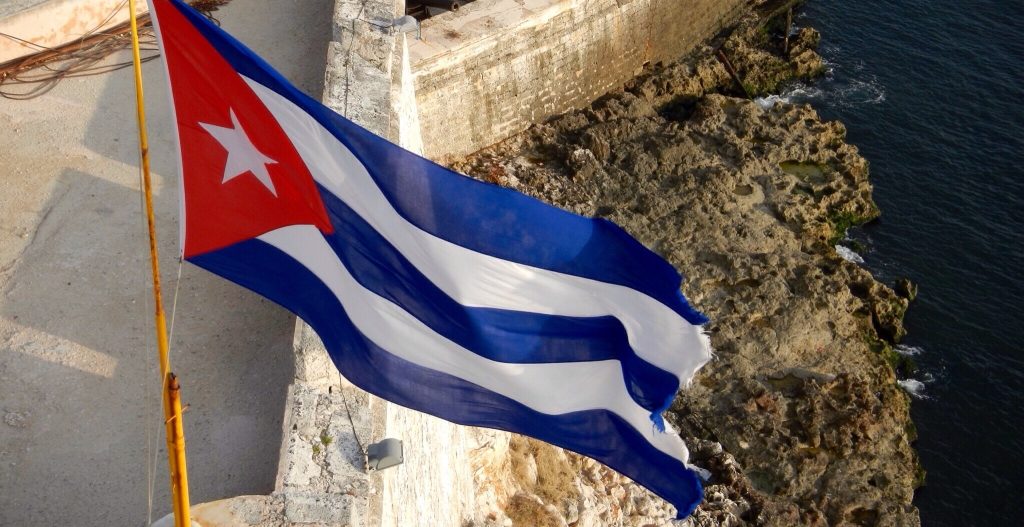Last weekend, Cubans voted to ratify a new constitution that the country’s government has said will offer social change and provide more freedom to citizens. But the referendum brought up numerous debates, and some artists directed their attention to Decree 349, a controversial measure that has been on the minds of many activists who claim that it limits artistic expression on the island.
Cuba’s president Miguel Díaz-Canel first proposed Decree 349 in July of 2018, and it went into effect last December, though at that time, the government told the Associated Press they would not begin to enforce the law until the details of its regulation were finalized.
According to Amnesty International, the law prohibits artists from operating in public or private spaces without prior approval by the Ministry of Culture and gives authorities power to shut down artistic activity if they feel something contains “sexist, vulgar or obscene language.” Since the heavier themes of música urbana fall under that category, people have pointed out that the law could take aim at popular styles of music.
In the last few days, some Latin America media outlets interpreted the decree as a direct attack and said that Cuba had banned reggaeton. A full ban isn’t quite accurate, but many of the headlines grew out of harsh words the Cuban government has had for urbano in the past. Back in 2012, there was a significant crackdown on the music, with the government pressuring radio and TV stations to avoid the sounds. The president of the Cuban Music Institute, Orlando Vistel Columbié, told the official Cuban government newspaper Granma that authorities were in the process of “purging music catalogues with the aim of eradicating practices that stray from the legitimacy of Cuban popular culture” and called reggaeton among “the most notorious” examples of “vulgar, banal, and mediocre” musical expressions.
While reggaeton is still frowned upon, the government seemed to ease up in recent years, and the genre has become ubiquitous in the country. A story from Wired highlighted how despite censorship, reggaeton had still flourished in public spaces through grassroots distribution.
An artist and label manager in Cuba, who spoke to Remezcla on the condition of anonymity, explained that artists who make hip-hop and electronic music already have a harder time than jazz or traditional musicians, who often get more support from the Cuban government.
“For hip-hop and electronic musicians, there are very few places to perform, and the conditions are often very bad: poor audio, lack of sound engineers, and so on. Not to mention that there is a huge social bias against the hip-hop community, mostly because of the assumption that hip-hop is always political and against the Castro government, which is definitely not always true,” the source said.
In December, several organizers were arrested for protesting Decree 349 at Havana’s Ministry of Culture, according to Art Forum. Since then, leaders have softened their stance on the law, telling the Associated Press that they would only shut down art in “extreme cases, such as public obscenity, racist, or sexist content.” The Vice Minister of Culture Fernando Rojas told the AP that officials would not be able to inspect studios or homes that aren’t open to the public, and that the law was “designed to respond to complaints from the public, as well as artists and intellectuals about the misuse of patriotic symbols and vulgarity in popular culture.”
But as the country examines how it is governed through the new historic referendum, many still fear the law is an attempt to control freedom of expression. The government walking back its rhetoric hasn’t been enough to quell the worries of many people on the ground. An artist named Michel Matos who protested the law in December told the Associated Press that the decree was “designed for cultural and ideological control and that’s unacceptable for us.”
“I honestly think one of the biggest fears is that they will be fined, or even worse, that their equipment will be confiscated, which is one of the possible repercussions of this new law,” the anonymous source told Remezcla. “Getting any kind of technical equipment into Cuba is extremely difficult, and nobody wants to risk having their speakers or microphones or turntables taken away. But beyond that, I think that Cubans are outraged that this basic right, of being able express themselves through their music, might be taken away from them.”
Update, 3/2/2019, 2 p.m.: This story has been updated to clarify the Cuban government’s regulation of reggaeton.




